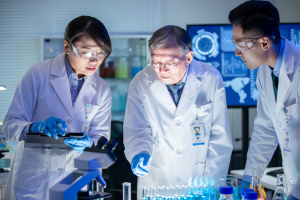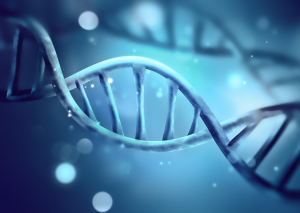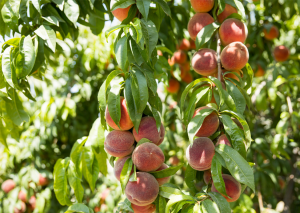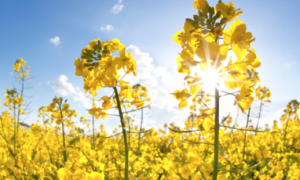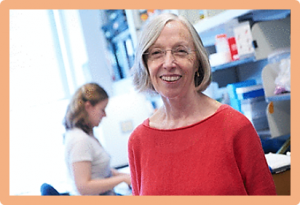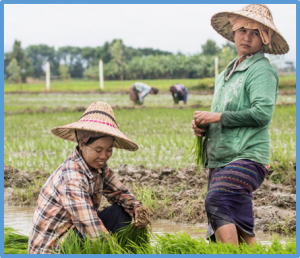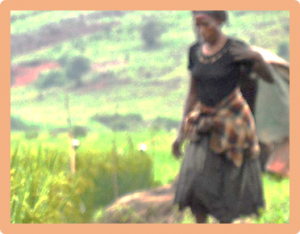An international team led by the researchers in Ruhr-Universität Bochum (RUB) in Germany provided new insights in the transport of light-energy of Photosystem I (PSI), a complex, giant photosynthetic protein. The researchers isolated the protein complex using mass-spectrometry, spectroscopy, and biochemical methods to characterize it in detail. They used the atomic structure of PSI to study the energy transfer inside the protein complex and the localization of the red chlorophylls.
A team of Japanese researchers found that phytol, a constituent of chlorophyll, has inhibitory effects on the root invasion of root-knot nematodes (RKN). The study, published in Molecular Plant-Microbe Interactions (MPMI), could lead to creating eco-friendly agrochemicals for nematode control. Phytol is known to be present in almost all photosynthetic organisms but its role in plant defense is yet to be explored.
Canada is changing its risk assessment policy for genetically engineered (GE) plants and food products. GE plants that contain foreign DNA will continue to be subject to regulatory oversight, while gene-edited organisms that do not have foreign DNA will be exempted from safety evaluation. GE plants will be categorized as novel or non-novel. Novel organisms are those that exhibit traits that are not naturally occurring and contain foreign DNA. On the other hand, non-novel organisms are those that have a history of safe use, no introduced characteristics
Researchers at Martin Luther University Halle-Wittenberg (MLU) and the Leibniz Institute of Plant Biochemistry (IPB) have developed an improved version of the gene editing tool CRISPR-Cas9 with the ability to knock out up to 12 genes in plants in a single blow. Until now, this had only been possible for single or small groups of genes. The method makes it easier to investigate the interaction of various genes.
A team led by scientists at the University of Southern California characterized four strains of bacteria isolated from the International Space Station (ISS) that could help plants withstand stressful conditions in space. They identified Methylobacterium species in different locations of the space station across two consecutive flights. The bacterial strains were found to grow optimally under extreme conditions in space.
A research team led by the Boyce Thompson Institute (BTI) has identified genes that could enable peaches and their wild relatives to tolerate stressful conditions and adapt to climate change. The research team examined the genomes of 263 wild relatives and landraces of peach from seven regions in China. Of these, 218 came from the National Peach Germplasm Repository of China and 45 from the Tibetan Plateau.
The Government of New South Wales, Australia announced that the ban on the use of genetically modified (GM) crops will be lifted on July 1, 2021, by allowing an 18-year moratorium to lapse. This action aims to increase NSW's agricultural competitiveness and productivity. Minister of Agriculture Adam Marshall announced this decision as the government opens the door for the State's primary industries sector to embrace new GM technologies in the field, which can potentially bring economic benefits across NSW.
One of the most inspirational scientists we have ever known found her own inspiration in the pages of Life magazine. In a 2016 interview with one of us, Kathryn Anderson (1952–2020) mentioned that “in eighth grade, an article caught my eye about human development with a really beautiful picture of a human fetus. That really captured my imagination” (1). Her imaginative mind was thenceforth hooked, and the body of work on embryonic development and patterning that resulted over the next five decades was simply outstanding and represents contemporary biology at its finest.
What impact will the COVID-19 pandemic and the global economic downturn have on world food security?
In 2021, the impact of the epidemic and the global economic recession will have an impact on world food security. After the epidemic, what problems will global food security face and how to deal with it? What challenges will global food security face? The health and economic impact of the COVID-19 pandemic are well known. As of today, an estimate 100 million people have contracted the virus worldwide, and over 2.2 million died from the disease. According to the International Monetary Fund, the global economy shrunk by 3.5 per cent last year.
IRRI puts a spotlight on the central role of women in rice-based agri-food systems and the importance of creating an enabling environment so they can lead and make a difference in their households and communities.Together with CGIAR, we are dedicated to working for and with women, knowing that their full and active participation spells the sustainability of agri-food systems amidst large and sweeping challenges such as COVID-19 and climate change.


 Curently online :
Curently online :
 Total visitors :
Total visitors :


